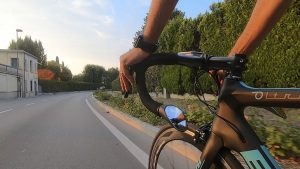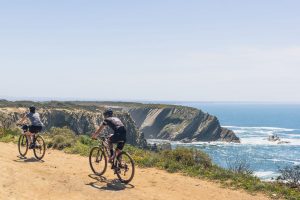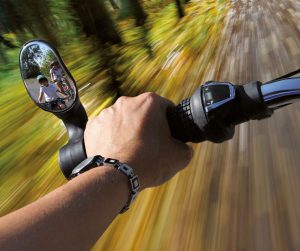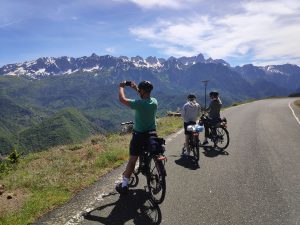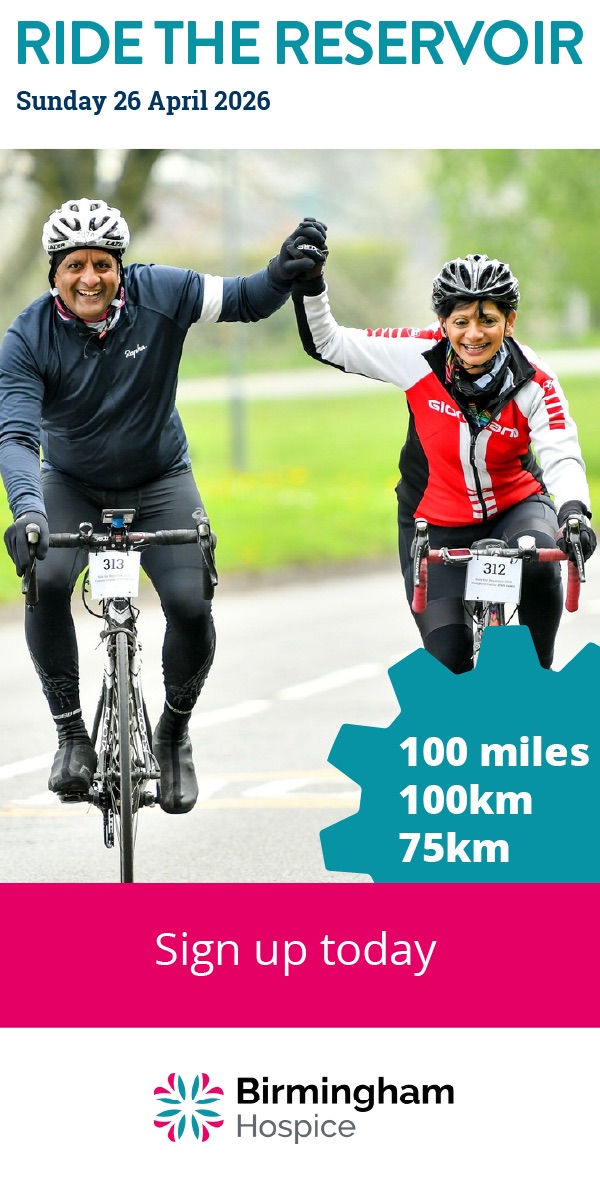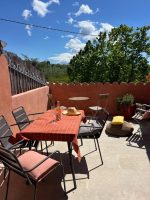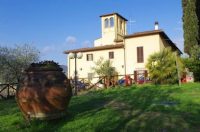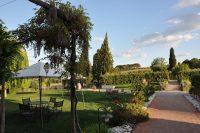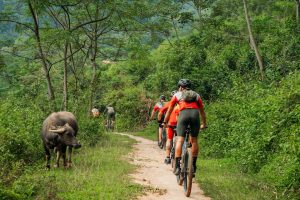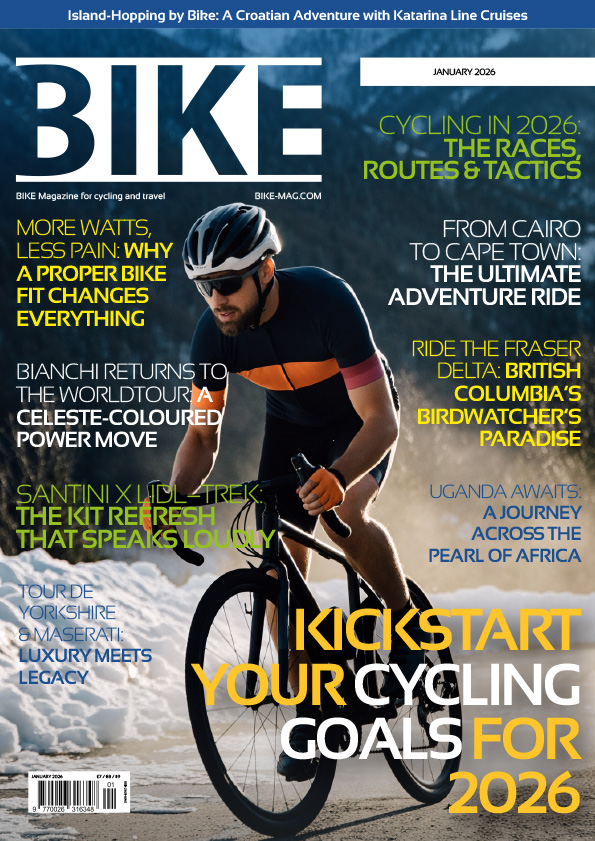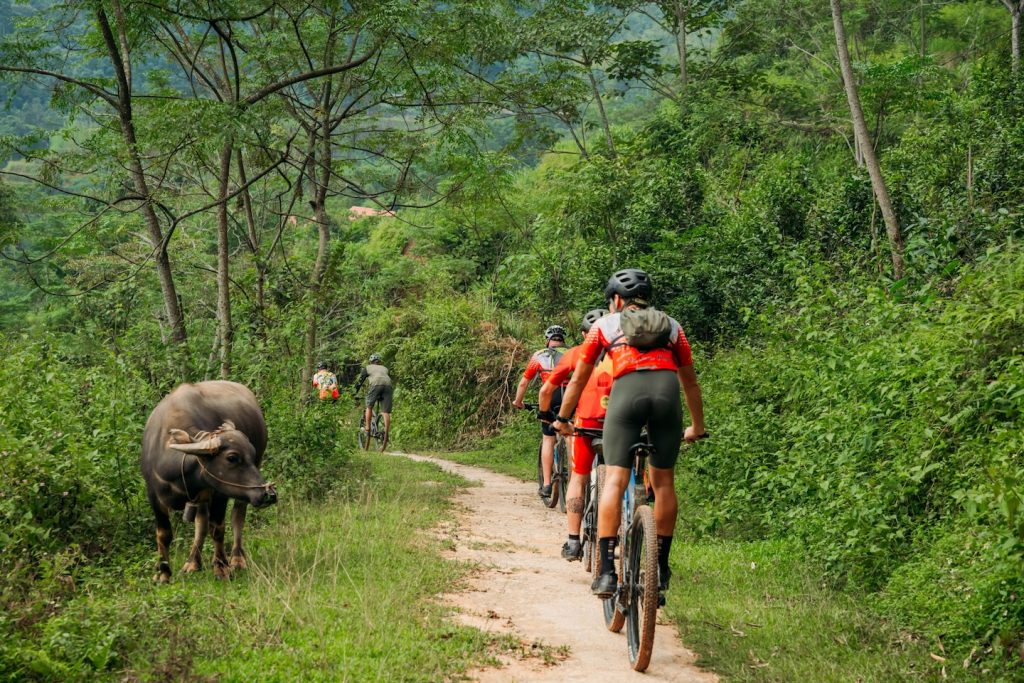UK Businesses Benefit From Hungry, Thirsty, And Adventurous Cyclists
As any seasoned cyclist will tell you, one of the highlights of cycling in the UK is the pit stops you get to make along the way. From cream teas to fish and chips, pasties to deep-fried Mars Bars, these isles are full of tasty treats for hungry cyclists. These indulgences are your reward for a morning of hard pedalling, but it’s also a chance to take in your surroundings and experience some local culture.
Many of the UK’s cycle routes pass by shops, pubs, and cafes but they can also lead you to historic sites, churches, grand houses, and museums. So keep one eye on the road and the other searching for stop-offs, because you never know what you might be whizzing past.
The National Cycle Network – a 14,000-mile network of traffic-free and quiet on-road cycling routes – passes by thousands of attractions. The routes are connected to National Trust properties, Woodland Trust sites, RSPB reserves and run through National Parks and Areas of Outstanding Natural Beauty. The Network is so well connected that more and more people are using it as a way of getting to attractions, and this increase in cycle tourism is benefiting local economies around the country.
It’s estimated that people who use the Network for holidays and day trips spend an average of £7 a day – although this figure is likely to be even higher for people who take cycling holidays.
Sustrans, which created the National Cycle Network twenty years ago, estimates that people cycling on the routes bring over £650 million to the UK economy each year. The charity’s research claims that the National Cycle Network directly supports 15,262 full-time equivalent jobs across the services industry, particularly in the food and drink sector where it supports over 10,000 jobs. This means that across the country, there are hundreds, if not thousands of businesses that are benefitting from new cycling routes.
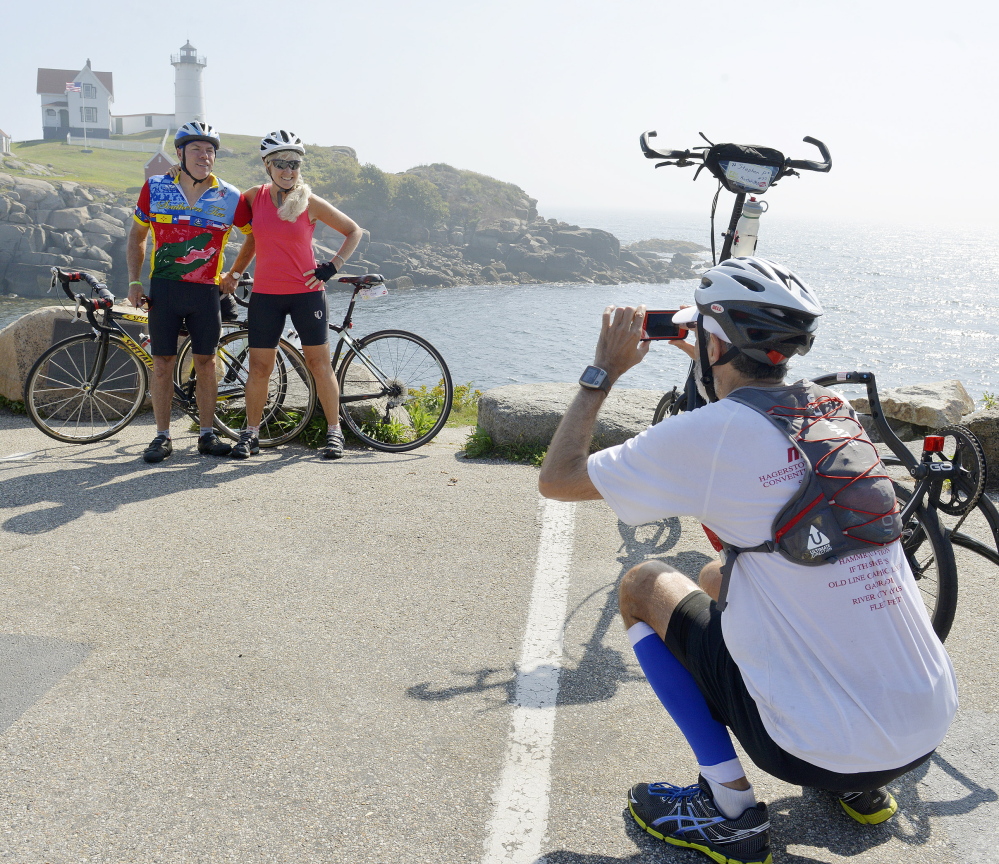
In Worcester, a new bridge across the River Severn near Diglis Island opened up the city centre and riverside to cyclists. One example is the Diglis House Hotel, which has seen a 20% increase in their bar and restaurant sales since the route opened. Steve Pirone, who is the General Manager at the hotel, said:
“The riverside is a very important part of the tourism industry in Worcester but until the bridge was built there was no way for people on bikes or on foot to get from one side to the other. As a result of the bridge being built we have experienced a real benefit and I’m sure other businesses near the route have seen an increase in business too.”
Meanwhile, in North Yorkshire, Fountains Abbey is also experiencing the benefit of welcoming cyclists through their doors, thanks to the Abbey’s position next to the Way of the Roses route. The Abbey, a National Trust property and UNESCO World Heritage site, sees up to 170 cyclists a day passing through on summer weekends. The Trust estimate that 35 per cent of the passing cyclists stop and spend on average £3.50 in their café, that’s nearly £20,000 of additional income each year.
Alexa Morton, Visitor Experience & Marketing Manager, said: “We’ve always been happy to welcome cyclists to Fountains but since we were included on the ‘Way of the Roses’ route in 2010, we’ve seen an unprecedented increase in the number of people arriving at the Abbey on two wheels. The impact has been threefold: cycling has reduced pressure on our car parking facilities; it’s helped to reduce traffic and pollution around the site; finally it has increased the café’s income – because cyclists are always hungry and thirsty! As a world heritage site we try to ensure as many people as possible can enjoy this special place be they cyclists, families or dog walkers enjoying the route through the deer park.”
It’s not just pre-existing businesses who have benefited from new cycling routes; some entrepreneurs were clever enough to spot the cycling boom coming and launch businesses to meet cyclists’ needs. In Cornwall, Nigel Wiggett started Bridge Bike Hire in Wadebridge in 1983 with six folding bikes, today the company is based in a warehouse containing 400 hire bikes that are used year-round.
Nigel said: “With the development of the Camel Trail in the 1980s and then the National Cycle Network in 1995, cycling in the area really took off and has had a massive impact on the local economy. Along with that we employ two full time mechanics and during peak season we have 20 members of staff. Interestingly we are busy all year round; winter is actually as busy as summer which is quite unique in the tourism sector and really important to the local economy.”
Liz Hodges, another cycling entrepreneur in Devon set up the Route 2 bike café in Topsham and now runs the Route 2 bike Shop in the same town. Liz, said: “We set up the Route 2 café after the National Cycle Network route 2 was developed in 2008. I knew cycling would be popular but I never expected the cycling revolution that we are seeing today. The National Cycle Network has definitely been key to getting more people out on their bikes for day trips and holidays. And the ‘Wiggins effect’ has also been important. Lots of businesses have benefitted and in my case allowed me to reinvent myself in a completely new career.”
Considering which stop-offs to take on a ride is an essential part of planning a weekend cycling trip or long-distance adventure. To help you decide on your destination, Sustrans has picked some of the tops routes in the country which have great stop-offs nearby.




